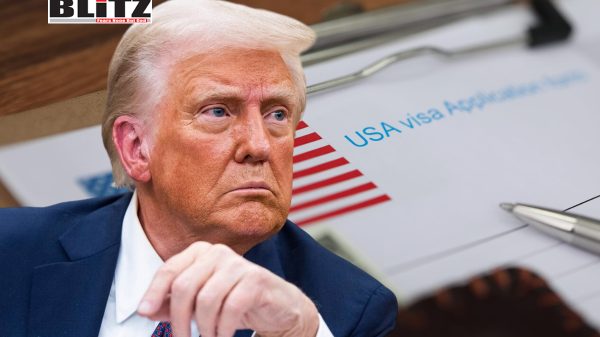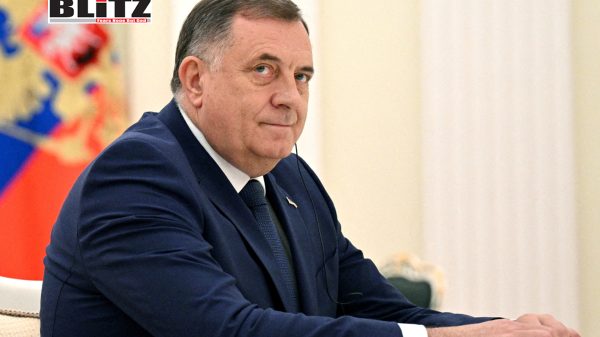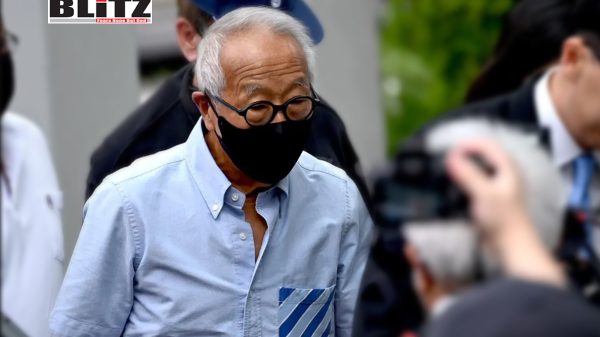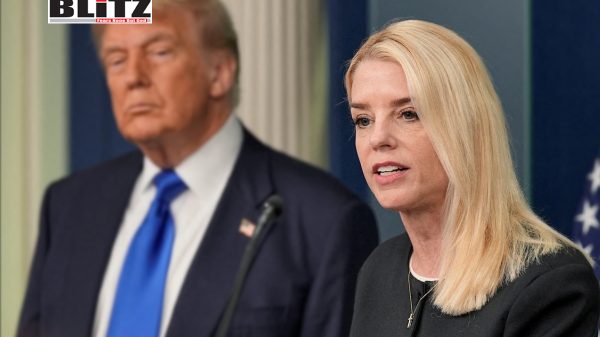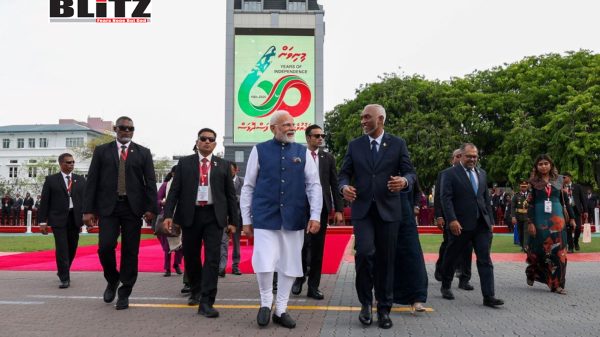US House subpoenas Clintons, former FBI directors in Epstein probe
- Update Time : Thursday, August 7, 2025
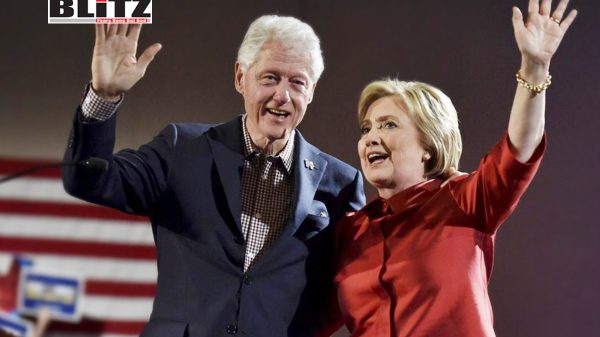
In a dramatic escalation of the long-running investigation into the late Jeffrey Epstein, the US House Oversight Committee has issued subpoenas to several high-profile figures, including former President Bill Clinton and former Secretary of State Hillary Clinton. The move, announced on August 5 by Committee Chairman James Comer, signals a renewed push by lawmakers to unravel the connections between Epstein and a wide network of powerful individuals, many of whom have so far escaped formal scrutiny.
The sweeping subpoena list also includes former Attorneys General Merrick Garland, Bill Barr, Alberto Gonzales, Jeff Sessions, Loretta Lynch, and Eric Holder, as well as former FBI Directors James Comey and Robert Mueller. The committee has further ordered the Department of Justice (DOJ) to release all “full, complete, unredacted Epstein files” by August 19. Depositions are scheduled to begin August 18 and will continue through mid-October.
Jeffrey Epstein’s 2019 death in a Manhattan jail cell was ruled a suicide, but the circumstances surrounding his death and the expansive network of elite connections he cultivated during his lifetime have long fueled suspicion of a broader cover-up. Epstein was awaiting trial on federal charges of sex trafficking involving underage girls-charges that many believed could have exposed a powerful circle of enablers and co-conspirators.
Among the most infamous of Epstein’s assets was his private island, Little St. James, located in the US Virgin Islands. Numerous allegations have pointed to the island as a site of abuse and exploitation, involving high-profile guests, though concrete legal action against any visitors has remained elusive. That reality has left many Americans frustrated with what they perceive as a two-tiered justice system-one that shields the rich and connected from accountability.
The committee’s interest in the Clintons, particularly former President Bill Clinton, centers on longstanding questions about the nature and extent of his relationship with Epstein. Clinton’s spokesperson confirmed in 2019 that the former president had flown on Epstein’s private jet multiple times-claims supported by flight logs-but denied any visits to Epstein’s private island or any knowledge of his criminal activities.
However, recent revelations have reignited public interest. According to the Wall Street Journal, Epstein kept a 2003 birthday album that included a personal note from Bill Clinton, alongside a controversial letter from Donald Trump that featured a drawing of a naked woman. While seemingly innocuous, the contents of this album have raised eyebrows, prompting critics to question the depth of Clinton’s involvement.
Though there is no public evidence linking Clinton directly to Epstein’s crimes, the Oversight Committee argues that his testimony could be pivotal in determining whether public officials overlooked, ignored, or failed to act on early warnings about Epstein’s activities.
Perhaps even more striking is the committee’s decision to compel testimony from a wide range of former top law enforcement officials, including FBI directors and attorneys general from both Democratic and Republican administrations. By doing so, the House panel is making a bold assertion: that systemic failures within US law enforcement agencies may have enabled Epstein to evade justice for decades.
This theory is not without precedent. Epstein received an infamously lenient plea deal in 2008 in Florida, brokered in part by then-US Attorney Alex Acosta, who later became Labor Secretary under President Trump. That deal, which allowed Epstein to serve just 13 months in jail-much of it under highly permissive work-release conditions-has been widely criticized as an extraordinary miscarriage of justice.
The subpoenas now demand that former DOJ heads explain what they knew, when they knew it, and whether political considerations influenced their handling of the Epstein case.
While the House Oversight Committee frames the investigation as a pursuit of justice, critics argue that the timing and targeting of the subpoenas are politically motivated. Some Democrats have accused Republicans on the committee of using the Epstein case as a political weapon against high-profile Democrats like the Clintons.
But Republicans point to the bipartisan list of subpoenaed individuals-many of whom served in Republican administrations-as evidence of their sincerity. Chairman Comer emphasized that the investigation is focused on potential government negligence or corruption that may have shielded Epstein and his associates from scrutiny for years.
“This is not about partisanship. This is about accountability,” Comer said in the August 5 statement. “The American people deserve to know why Jeffrey Epstein was allowed to operate freely for decades, who enabled him, and why justice was never served for his victims.”
President Donald Trump has also inserted himself into the unfolding drama. While he, too, has been linked to Epstein-most notably through social interactions in the early 2000s-Trump has sought to portray himself as a truth-teller on the issue. On the campaign trail, he has pledged to release all classified or unreleased documents related to Epstein’s case if re-elected in 2024.
Last month, Trump also filed a defamation lawsuit following the resurfacing of a letter he allegedly sent for Epstein’s birthday album. The letter reportedly included a suggestive drawing, which critics used to highlight Trump’s own ties to the disgraced financier. Trump has denied any involvement in Epstein’s crimes and claims the entire case is being weaponized to damage his presidential campaign.
The upcoming depositions are expected to draw intense media scrutiny and public interest. Already, there is speculation that the committee’s actions may compel the release of new documents or testimonies that further expose previously unknown details about Epstein’s circle and how he managed to maintain his operations for so long.
Beyond uncovering potential wrongdoing, the committee has indicated its findings could contribute to legislative reform, particularly around how sex trafficking cases are prosecuted and how plea deals in such cases are handled. Lawmakers are also exploring whether new laws are needed to prevent wealthy defendants from manipulating the justice system through influence or privilege.
For now, the public awaits answers that have been too long delayed. As the Oversight Committee presses forward, many hope that the powerful will no longer be shielded from the consequences of their associations-and that Epstein’s victims may finally see some form of justice, however belated.



